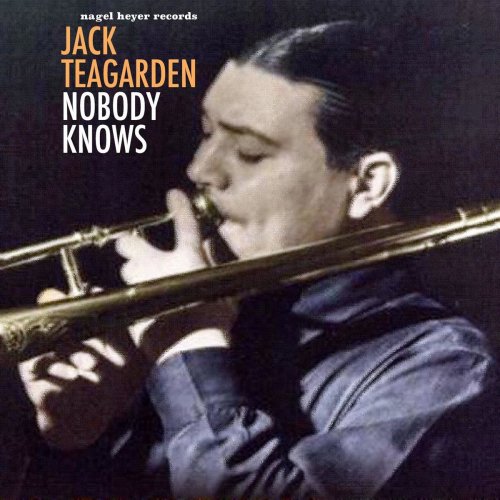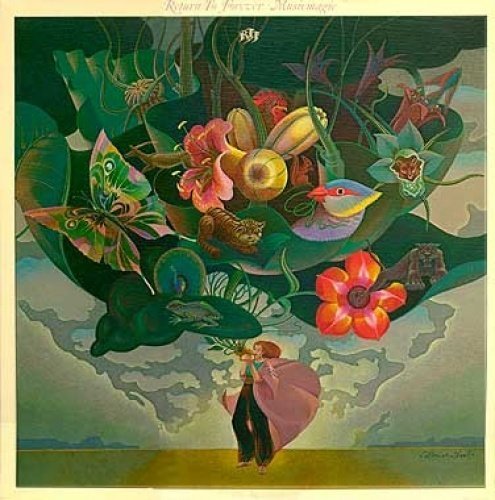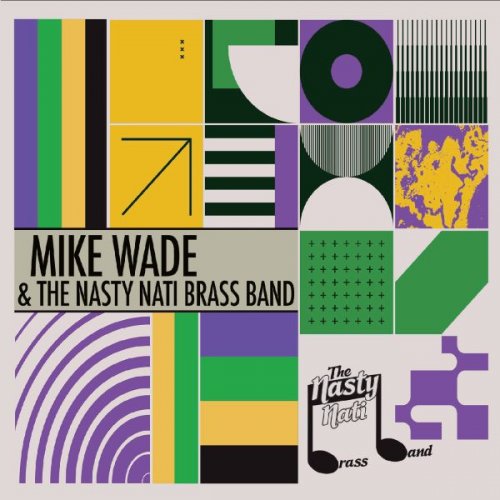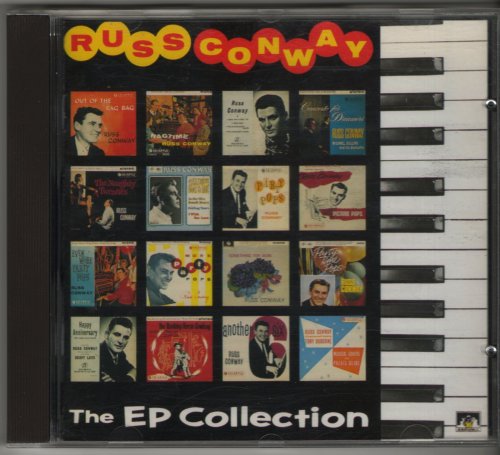Jack Teagarden - Nobody Knows (2018)

Artist: Jack Teagarden
Title: Nobody Knows
Year Of Release: 2018
Label: nagel heyer records
Genre: Jazz, Swing
Quality: FLAC (tracks) / MP3
Total Time: 1:42:37
Total Size: 598 / 237 MB
WebSite: Album Preview
Tracklist:Title: Nobody Knows
Year Of Release: 2018
Label: nagel heyer records
Genre: Jazz, Swing
Quality: FLAC (tracks) / MP3
Total Time: 1:42:37
Total Size: 598 / 237 MB
WebSite: Album Preview
01. Someday You'll Be Sorry
02. Gate Mouth Blues
03. Nobody Knows
04. Where Were You Last Night
05. Basin Street Blues
06. I Guess I'll Have to Change My Plan
07. Country Boy Blues
08. Butter and Egg Bossa Nova
09. That's a Plenty
10. Guess I'll Go Back Home This Summer
11. Baby, Won't You Please Come Home
12. Doctor Jazz
13. Don't Forget to Mess Around When You're Doing the Charleston
14. Old Folks
15. Meet Me Where They Play the Blues
16. Swing That Music
17. Hear Me Talkin' to Ya
18. Cottage for Sale
19. Way Down Yonder in New Orleans
20. Muskrat Ramble
21. Mama's Gone, Goodbye
22. Logan Square
23. Tin Roof Blues
24. Struttin' with Some Barbecue
25. There'll Be Some Changes Made
26. It's Wonderful
27. Everybody Loves My Baby
28. I Cover the Waterfront
29. Lazy 'Sippi Steamer Goin' Home
30. Brother Bill
31. Think Well of Me
One of the classic giants of jazz, Jack Teagarden was not only the top pre-bop trombonist (playing his instrument with the ease of a trumpeter) but one of the best jazz singers too. He was such a fine musician that younger brother Charlie (an excellent trumpeter) was always overshadowed. Jack started on piano at age five (his mother Helen was a ragtime pianist), switched to baritone horn, and finally took up trombone when he was ten. Teagarden worked in the Southwest in a variety of territory bands (most notably with the legendary pianist Peck Kelley) and then caused a sensation when he came to New York in 1928. His daring solos with Ben Pollack caused Glenn Miller to de-emphasize his own playing with the band, and during the late-'20s/early Depression era, "Mr. T." recorded frequently with many groups including units headed by Roger Wolfe Kahn, Eddie Condon, Red Nichols, and Louis Armstrong ("Knockin' a Jug"). His versions of "Basin Street Blues" and "Beale Street Blues" (songs that would remain in his repertoire for the remainder of his career) were definitive. Teagarden, who was greatly admired by Tommy Dorsey, would have been a logical candidate for fame in the swing era but he made a strategic error. In late 1933, when it looked as if jazz would never catch on commercially, he signed a five-year contract with Paul Whiteman. Although Whiteman's Orchestra did feature Teagarden now and then (and he had a brief period in 1936 playing with a small group from the band, the Three T's, with his brother Charlie and Frankie Trumbauer), the contract effectively kept Teagarden from going out on his own and becoming a star. It certainly prevented him from leading what would eventually became the Bob Crosby Orchestra.
In 1939, Jack Teagarden was finally "free" and he soon put together a big band that would last until 1946. However, it was rather late to be organizing a new orchestra (the competition was fierce) and, although there were some good musical moments, none of the sidemen became famous, the arrangements lacked their own musical personality, and by the time it broke up Teagarden was facing bankruptcy. The trombonist, however, was still a big name (he had fared quite well in the 1940 Bing Crosby film The Birth of the Blues) and he had many friends. Crosby helped Teagarden straighten out his financial problems, and from 1947-1951 he was a star sideman with Louis Armstrong's All-Stars; their collaborations on "Rocking Chair" are classic. After leaving Armstrong, Teagarden was a leader of a steadily working sextet throughout the remainder of his career, playing Dixieland with such talented musicians as brother Charlie, trumpeters Jimmy McPartland, Don Goldie, Max Kaminsky, and (during a 1957 European tour) pianist Earl Hines. Teagarden toured the Far East during 1958-1959, teamed up one last time with Eddie Condon for a television show/recording session in 1961, and had a heartwarming (and fortunately recorded) musical reunion with Charlie, sister/pianist Norma, and his mother at the 1963 Monterey Jazz Festival. He died from a heart attack four months later and has yet to be replaced. ~ Scott Yanow
In 1939, Jack Teagarden was finally "free" and he soon put together a big band that would last until 1946. However, it was rather late to be organizing a new orchestra (the competition was fierce) and, although there were some good musical moments, none of the sidemen became famous, the arrangements lacked their own musical personality, and by the time it broke up Teagarden was facing bankruptcy. The trombonist, however, was still a big name (he had fared quite well in the 1940 Bing Crosby film The Birth of the Blues) and he had many friends. Crosby helped Teagarden straighten out his financial problems, and from 1947-1951 he was a star sideman with Louis Armstrong's All-Stars; their collaborations on "Rocking Chair" are classic. After leaving Armstrong, Teagarden was a leader of a steadily working sextet throughout the remainder of his career, playing Dixieland with such talented musicians as brother Charlie, trumpeters Jimmy McPartland, Don Goldie, Max Kaminsky, and (during a 1957 European tour) pianist Earl Hines. Teagarden toured the Far East during 1958-1959, teamed up one last time with Eddie Condon for a television show/recording session in 1961, and had a heartwarming (and fortunately recorded) musical reunion with Charlie, sister/pianist Norma, and his mother at the 1963 Monterey Jazz Festival. He died from a heart attack four months later and has yet to be replaced. ~ Scott Yanow
![The Messthetics & James Brandon Lewis - Deface The Currency (2026) [Hi-Res] The Messthetics & James Brandon Lewis - Deface The Currency (2026) [Hi-Res]](https://www.dibpic.com/uploads/posts/2026-02/1771424652_1.jpg)





![William Ackerman - Past Light (1983) [1997 Japanese Edition] William Ackerman - Past Light (1983) [1997 Japanese Edition]](https://www.dibpic.com/uploads/posts/2026-02/1771702726_001.jpg)

